(OR) THE INTERNET BEFORE IT BECAME A CAPITALIST HELLSCAPE
The year is 1999.
Every morning I sit down at a computer that looks roughly like this:
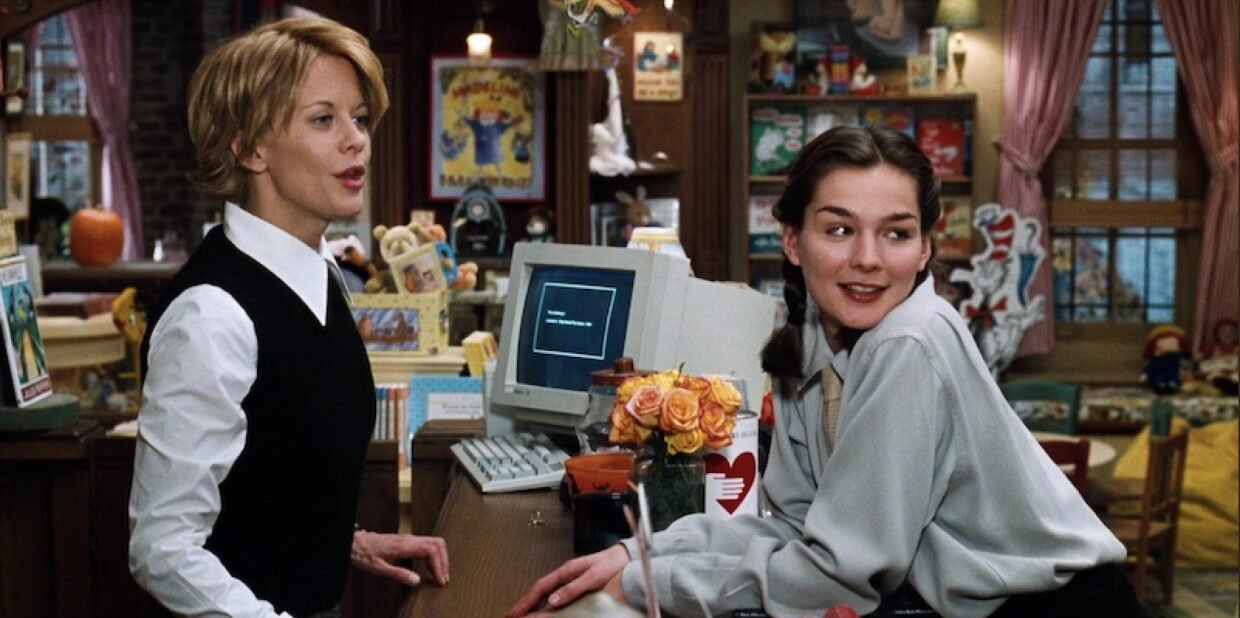
And I engage with an Internet that is much different than our own. Rather than being served up content from various data mining corporate entities I am very intentional with how I spend my time.
I doodle while listening to this insufferable sound as I waited for the Internet to load.
Logging into Wotmania and check the message boards. (Every single day.)
Checking my email – hosted through the local phone company. There were so few messages reading each one was actually exciting.
Visiting other websites by “surfing the web” either from website to website through hyperlinks or typing very specific terms into search engines. When I found something I loved I would bookmark it to come back to.
Joining a virtual scavenger hunt called Cyber Surfari where search engine Lycos partnered with various collaborators to hide clues across websites for participants to find. It was sponsored by Discovery Channel, Hewlet Packard, and National Education Association. The time I spent participating in Cyber Surfari had an outsized impact on my ability to find what I’m looking for online.
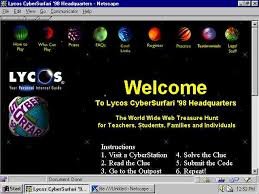
4. When I did find what I wanted I often printed it out. I remember printing inspiration quotes for my actual cork board.
6. Logging into NaNoWriMo message boards every day of October and November. Sometimes for research, but mostly for vibes. Egregiously Erroneous Information was a favorite.
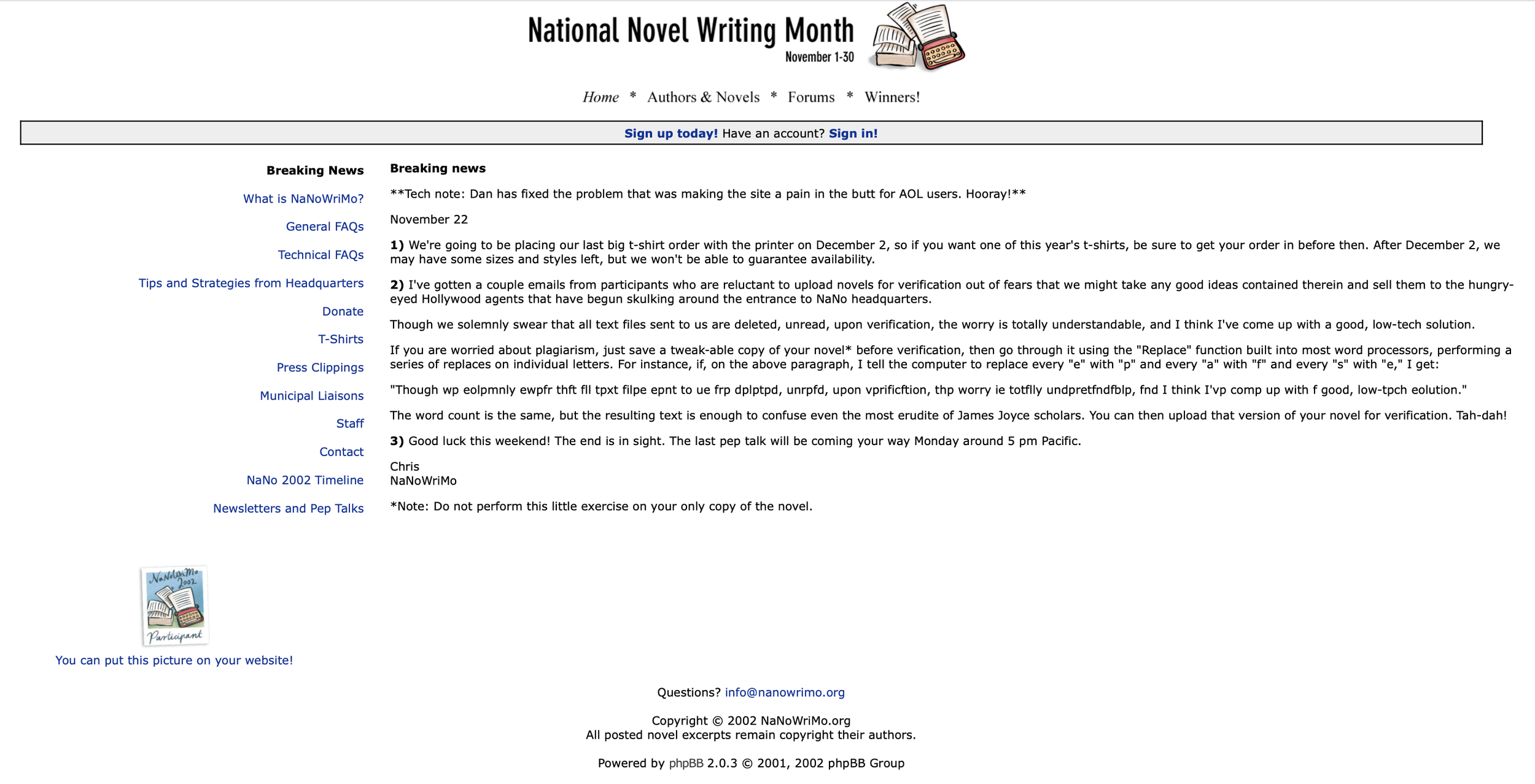
6. Saving drafts of my novel on 3 1/2 floppy disks.*
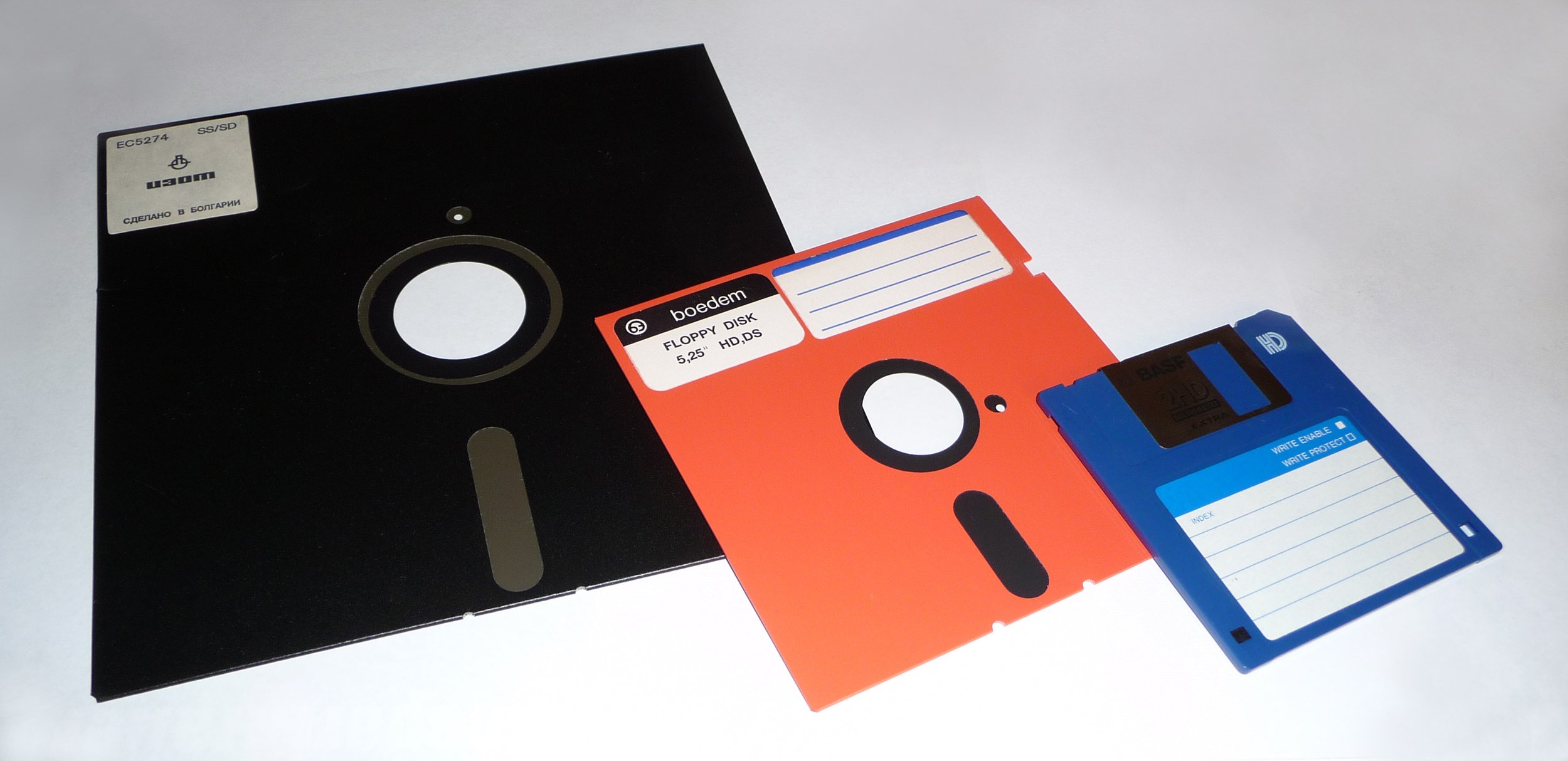
THE INTERNET WASN’T “BETTER” BUT IT WAS MORE INTENTIONAL.
Furthermore, what we’ve gained in image resolution and loading times we’ve lost in connection. Those early days felt like a playground of possibility.
Websites weren’t easy to monetize yet.
Everything on the Internet was a labor of love.
Writing, images, even software was given freely. No one was using click bait because the structures that favored clicks weren’t yet created. Websites were shared and linked to because users found them interesting or funny.
Over the last 6 months I’ve done a deep dive into researching the “early” Internet.
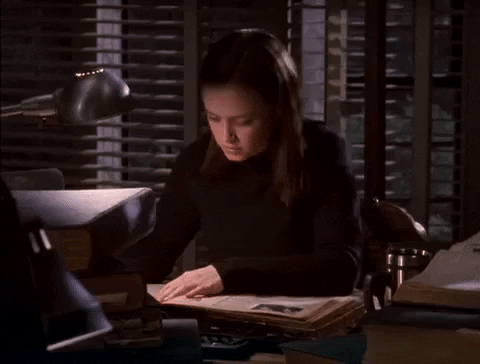
I took over 10,000 words of notes from various articles and books (which you can trawl here). I have more than enough to write a scholarly article. But now that I’m here I don’t really care to use them. LOL
I can’t point with forensic clarity at the moment the Internet “changed.”
But I am wondering… when did we stop capitalizing it?
There was no single moment of corruption. Over time capitalism did capitalism. Spaces became monetizable and websites with a lot of traffic began to monetize.
There are definitely benefits. Artists & makers & authors can find new audiences and patrons can support creators to keep doing what they love.
But there’s also * waves hands * the rest of the garbage that came with monetization. The algorithms, the data collection, the noise, the click bait, the paywalls, the walled gardens, the misinformation, and the rise of reactionary content.
Most days the Internet feels like this:

But it didn’t always.
THE EARLY INTERNET WAS A GIFT ECONOMY.
Because there wasn’t a robust system of monetization back then, the incentive you had to create was to participate in a growing gift economy.
There was a culture of creating to share with others – from flashing GIFs, to “seamless” tiled backgrounds, to fan message boards. Artists and coders made free wallpapers and screensavers and even free software called “freeware.” I was part of a “sig tag” group where members used fonts and clip art to make signatures you could attach to “sign” your email. We’d type in each member’s name (around 15-20) and email the image files for the group. Some of us used real names and others had nicknames like Queenie and Halfpint.
THIS WASN’T BARTER OR TRADE.
No one was keeping a tally of how much each person contributed. You gave your time and energy, and others were generous in return.
Over the last year I’ve made a discovery.
THE WHEEL OF TIME FANDOM STILL FUNCTIONS IN A GIFT ECONOMY.
For most of us it is not a job. It’s our passion. Among this fandom I have seen a depth of generosity that seems unfathomable.
It has been complete culture shock (of the best kind.) And it reminds me of how the Internet used to feel in the late 90s and early 00s.
It’s no coincidence that this fandom has been around since the 90s on fan sites like Theoryland and Dragonmount.
A gift economy functions because when you feel the warmth of generosity you want to contribute. When you walk into a new space and are welcomed you turn and welcome the next person. When you see someone shares something cool with the fandom you want to share something cool too.

I wrote a bit about this experience last August.
One year later, something has become crystal clear.
I cannot continue to pivot between these paradigms anymore.
It’s dizzying.
I WANT TO ENGAGE IN THE INTERNET AS A GIFT ECONOMY.
I have no interest in selling art or paywalling content. Every time I get pulled into the creative business whirlpool I regret it.
I’m not closing my bookshop, but I also have no intention of becoming a “full time” writer. That allows me to make and share what I want. Rather than focusing on creating content that “converts to sales.”
I’m not trying to convince anyone to nuke their business.
If you’re a full time artist be a full time artist. I love that for you. I support lots of creatives online and will continue to do so.
But if the capitalist framework isn’t sitting well for you there is another way.
YOUR ART ISN’T ANY LESS VALUABLE IF YOU GIFT IT.
Is a handsewn quilt less valuable than a bedspread from Pottery Barn?
Of course not.
We need to stop letting the dominant culture brainwash us into undervaluing the gift exchange.
WHAT IF WE TREATED THE INTERNET AS A COMMUNALLY TENDED GARDEN?
Or a fermenting compost heap?
BUT HOW WOULD THAT WORK?
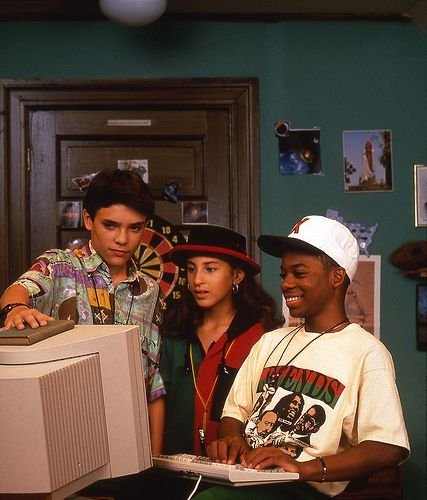
LET’S INTERNET LIKE IT’S 1999
Create from your passion. Forget everything you’ve been told about offering value, funneling customers, and capturing eyeballs. Be authentically you and I guarantee that will resonate with someone.
Give freely. I’m not going to begrudge you a shop or a paywall, but if you want to Internet like it’s 1999 most of what you offer is going to be for free. When you give freely people will want to support you when they have the opportunity to do so. A lot of the people harping on about funnels actually built their careers over decades of working for free. But they can’t charge $$$ for a marketing course to teach you that.
Spend your time and energy engaging with, appreciating, and sharing work that other people make. I know that we are all overwhelmed with content now. But instead of doom scrolling you could slow down to read a blog post and write a kind comment, share an indie musician’s new song, or write an email to someone who inspires you.
You are not the main character of this story.
It is about us all.

TIME TO WALK THE WALK
I’m in the process of removing the paywall here on Substack.
This month I’ve unlocked another session of Camp Kindle. (Last month I unlocked the Wonder session.) I created both of these for adults, but I’ve heard families really love doing the activities together.
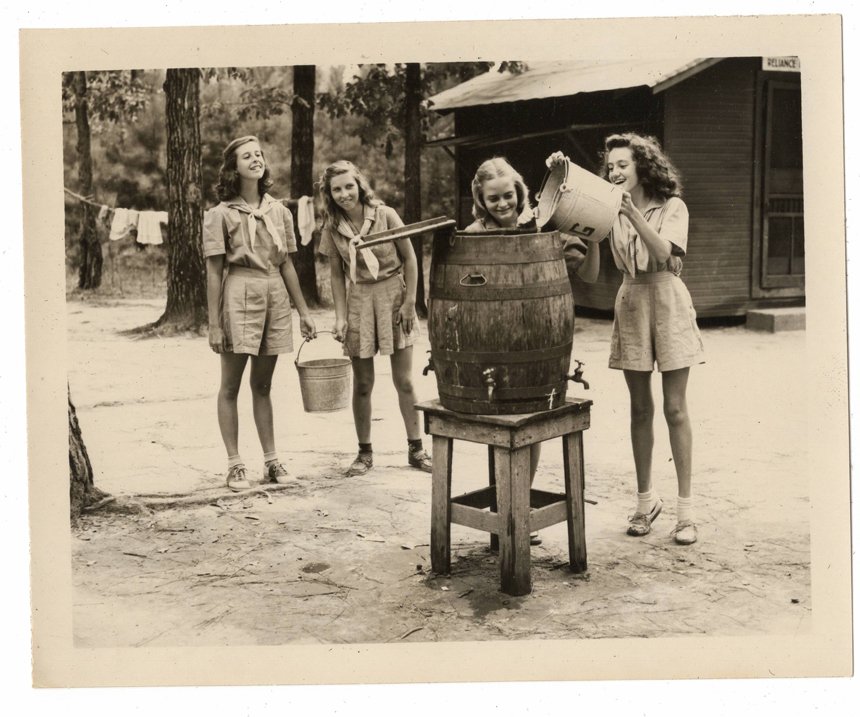
IF YOU’D LIKE TO SUPPORT MY WORK YOU CAN:
Leave a comment!
Share my work.
Pledge $3+ on Patreon or Substack.
LET’S DISCUSS
How can we create spaces of reciprocity and connection in an online world that wants us to see each other as a “target audience”? How do we reframe the value of our work outside of capitalism? If we do sell work how can we contribute in other ways to an online gift economy and support other creators?
Cheers,
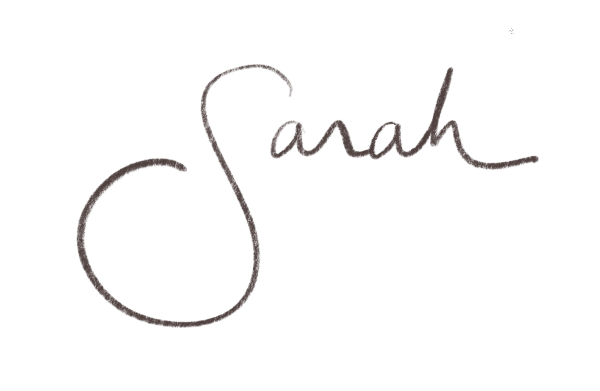
P.S. If you missed last month I’ve decided to remove the paywall and send snail mail to my paying supporters instead. You can read that here.
** Personally I experienced the crush of change online between 2013 and 2016 (which incidentally is the time we stopped capitalizing the Internet… maybe there is something there.)
*** To bring more intentionality into my own Internet experience I’m spending more time on RSS and less time on apps, using Ecosia instead of Google (the AI snippets are killing me), and burrowing into my algorithm free Discord groups.
Archived on my blog.
Leave a Reply to illustr8d Cancel reply